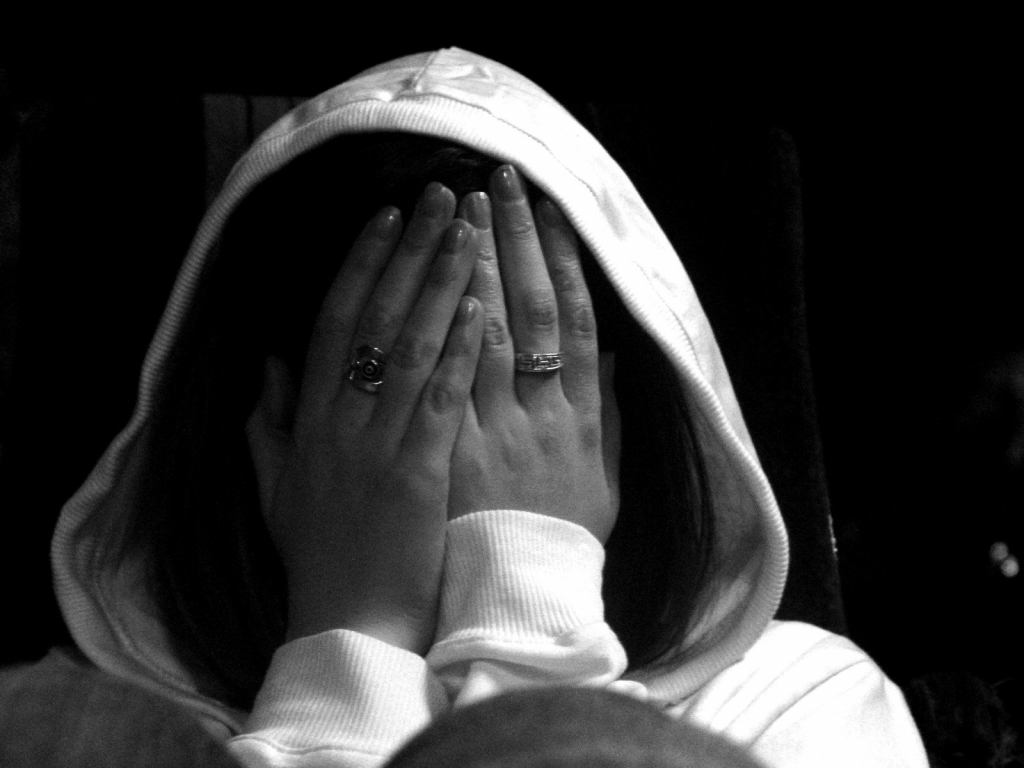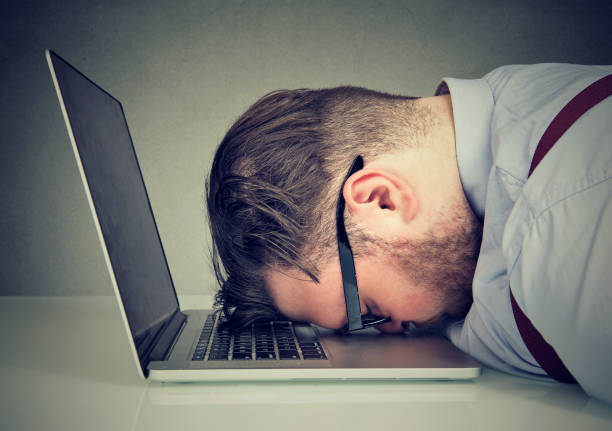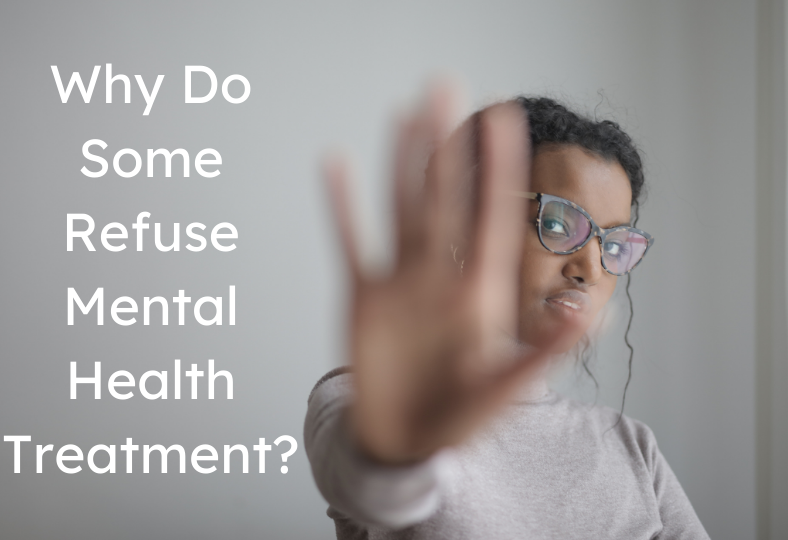Between 30 and 80 percent of those with mental illness issues often do not get treatment. From that study, the general non-treatment incidence for various illnesses were: bipolar disorder (32%), schizophrenia (30%), major depression (30%), panic disorder (30%), and general anxiety disorder(30%). So why does that happen? It may be simple really – a lack of education, fear of the unknown, and an unwillingness to take chances, despite potential benefits. Some believe that people who suffer from mental illness do not want to be treated, but the actual truth is that most would benefit from treatment at a luxury drug rehab which offers dual diagnosis treatment for those suffering with mental illness.
Fear & Shame of Needing Mental Health Treatment
Fear and shame are powerful psychological obstacles that cause many individuals to turn away from the treatment they need. This is because they feel uncomfortable discussing mental health treatment with their doctor. The primary obstacle is fear. Some simply feel that talking about their illness will make them feel guilty. They may even think that the doctor will take advantage of them. Those with fear and shame will often reject treatment because of embarrassment.

Anosognosia is Keeping Them From Mental Health Treatment
Anosognosia refers to a symptom of mental illness that impairs a person’s ability to understand and perceive their illness. This is one of the largest reasons why those with illnesses such as schizophrenia or bipolar disorder refuse mental health treatment. Diseases such as these can damage the crucial frontal lobe of the brain and this may cause a person to lose the ability to perceive and change their self-image.
Remember that anosognosia will not present the same symptoms in each person. Some people may bluntly say that they do not have anything wrong with them; others may avoid talking about the problem altogether. Also remember that anosognosia will not go away once a person is in treatment. It is still possible that a person will miss a therapy appointment or forget to take their medication because they can no longer perceive their self-image. Helping someone through anosognosia and mental health treatment takes time, but it is all worth it in the end.

Feelings of Inadequacy, Distrust, & Hopelessness
Psychological reasons why some refuse mental health treatment also exist. Some feel anxious or fearful when undergoing mental health treatment. These feelings translate into symptoms of mental illness such as confusion, mood swings, depression, or mania. These feelings arise from a fear of the unknown. When the person undergoing treatment talks about the possibility of the treatment producing negative results, he feels insecure and worried about his safety. These fears can be so severe that they prevent the individual from initiating further treatment.

Personal Barriers Such as Children, Work, & Costs
The costs involved in mental health treatment are staggering. If a patient needs several hours of treatment in a long-term facility or wants to live an active lifestyle in mental health treatment, it will cost the family hundreds of thousands of dollars. This type of treatment is often provided by the family doctor himself or herself. In some cases, the treatment may come from a group of doctors, which can be expensive. In addition, if the patient has a serious psychiatric disorder, their family doctor may be forced to send them to an inpatient setting such as a locked in unit.
For these reasons, many people are choosing outpatient care over inpatient care. Although outpatient care is less costly than inpatient care, there are still costs associated with treatment. The patient has to make several trips to the psychiatric center each week. They may have to pay for all of the medications, or they may have to find a way to cover the expense of the inpatient facility at the same time as the outpatient care. Most people who are unable to stay in their home to receive their needed treatments often turn to the Internet, which is a great resource for finding a wide variety of websites geared toward providing information on the psychiatric community and various treatment options.

Conclusion
There are many other reasons why some refuse mental health treatment. Some have experienced abusive circumstances and were fearful of being treated differently in a mental health facility. Some have suffered chemical abuse and can’t handle the side effects of medications. Still others may be suffering from a serious mental health condition that can be effectively treated, but they are afraid to take any chances. Whichever reason motivates them to turn down the treatment, it should be understood that the individual’s fears can be greatly exaggerated and that the majority of mental health patients make progress at some point during their lives, especially when visiting Arkansas drug treatment centers for dual diagnosis.


